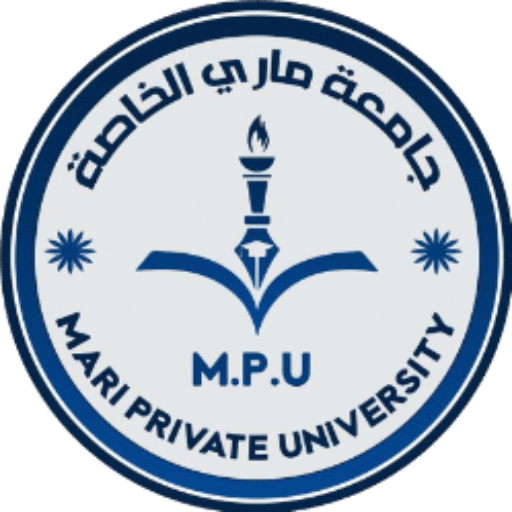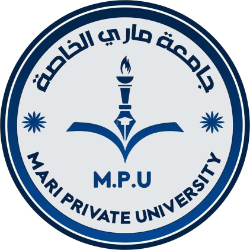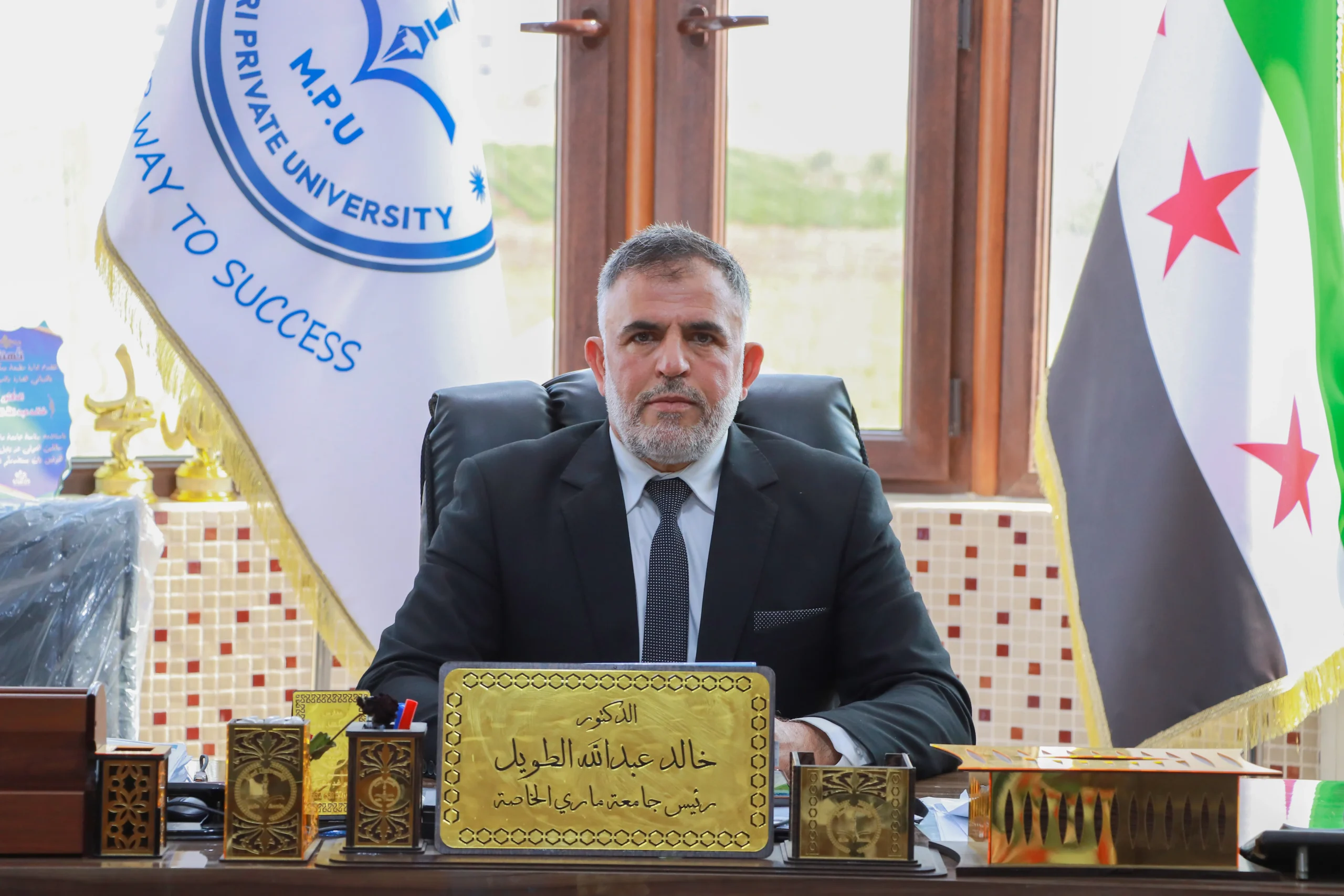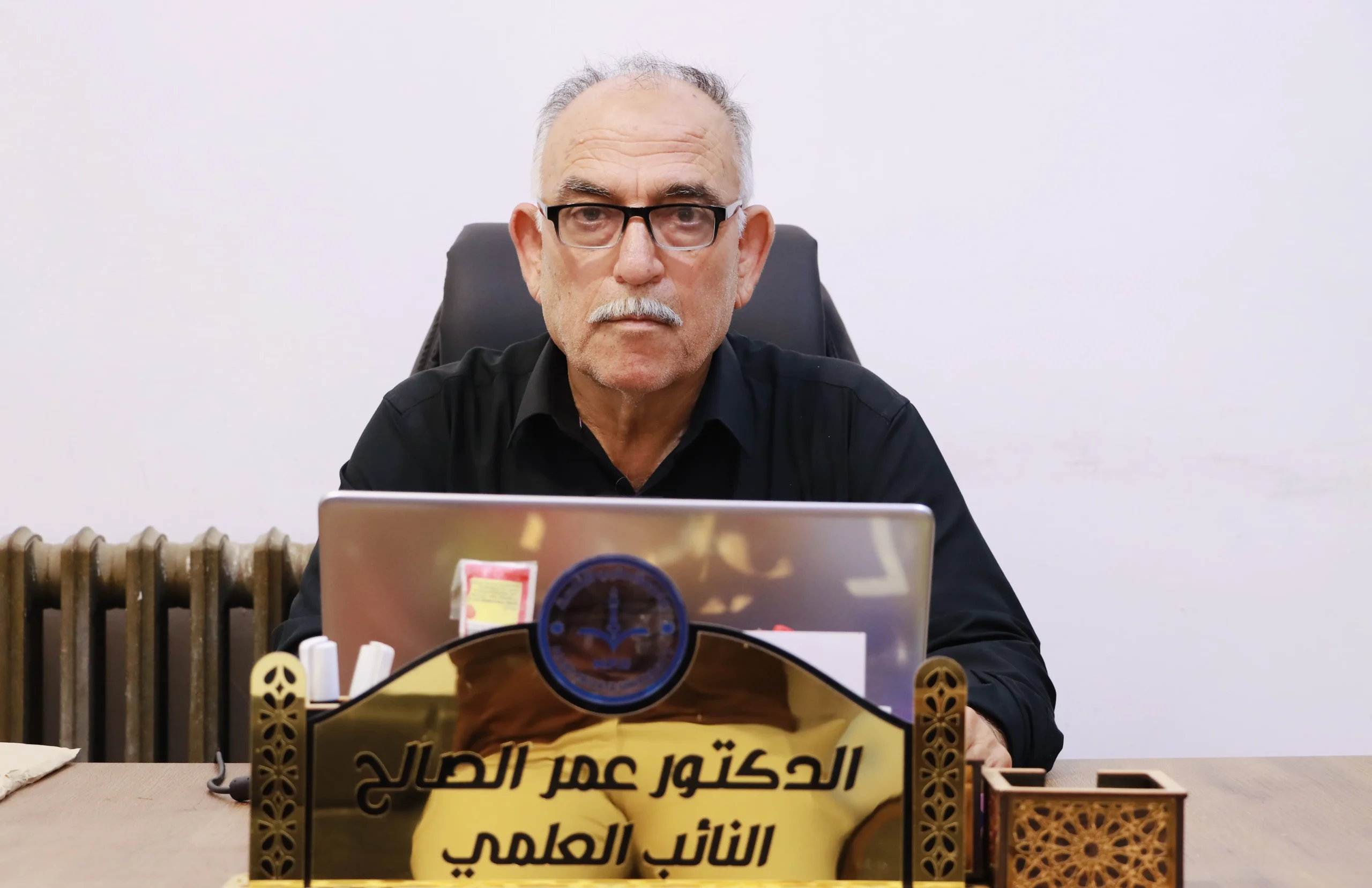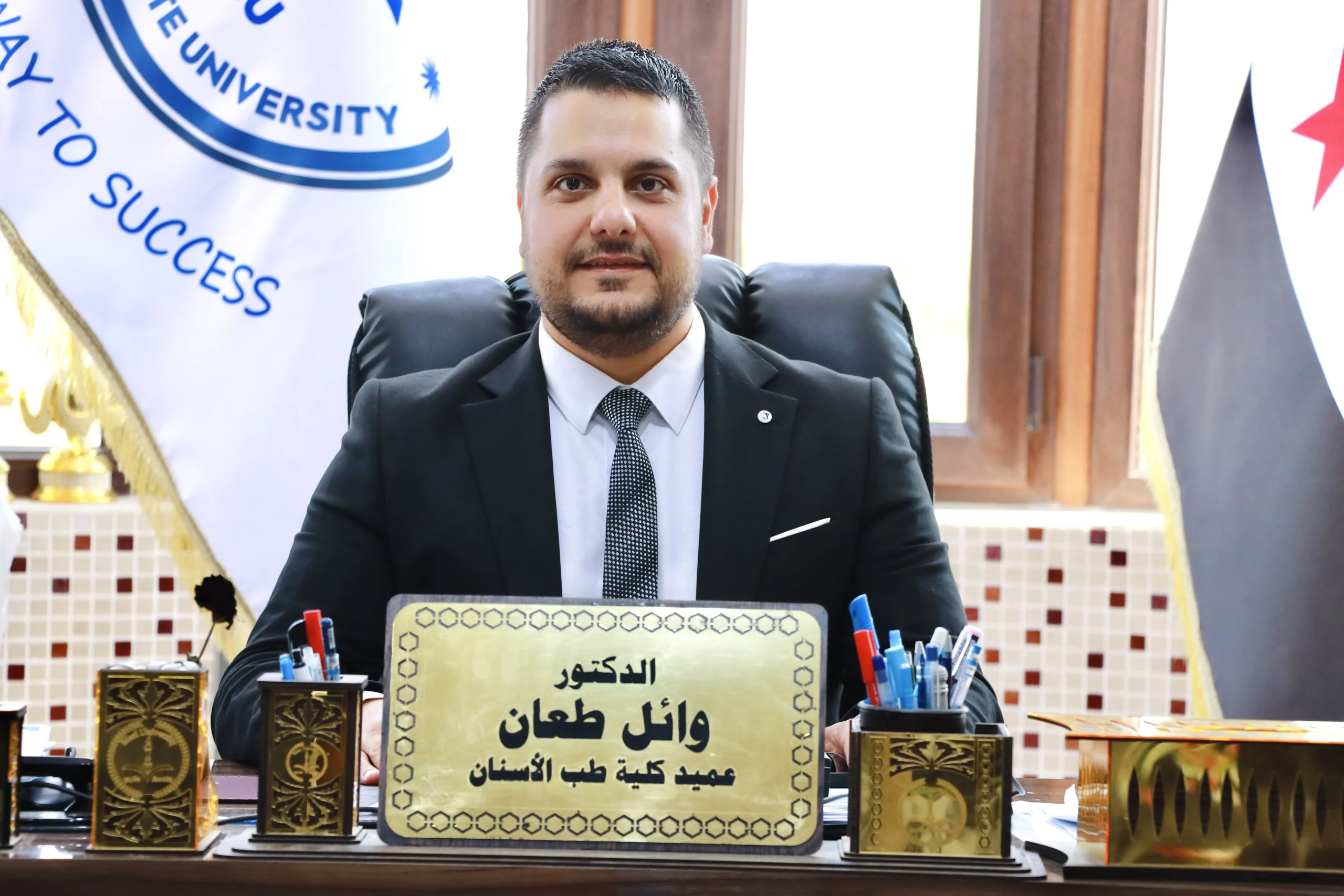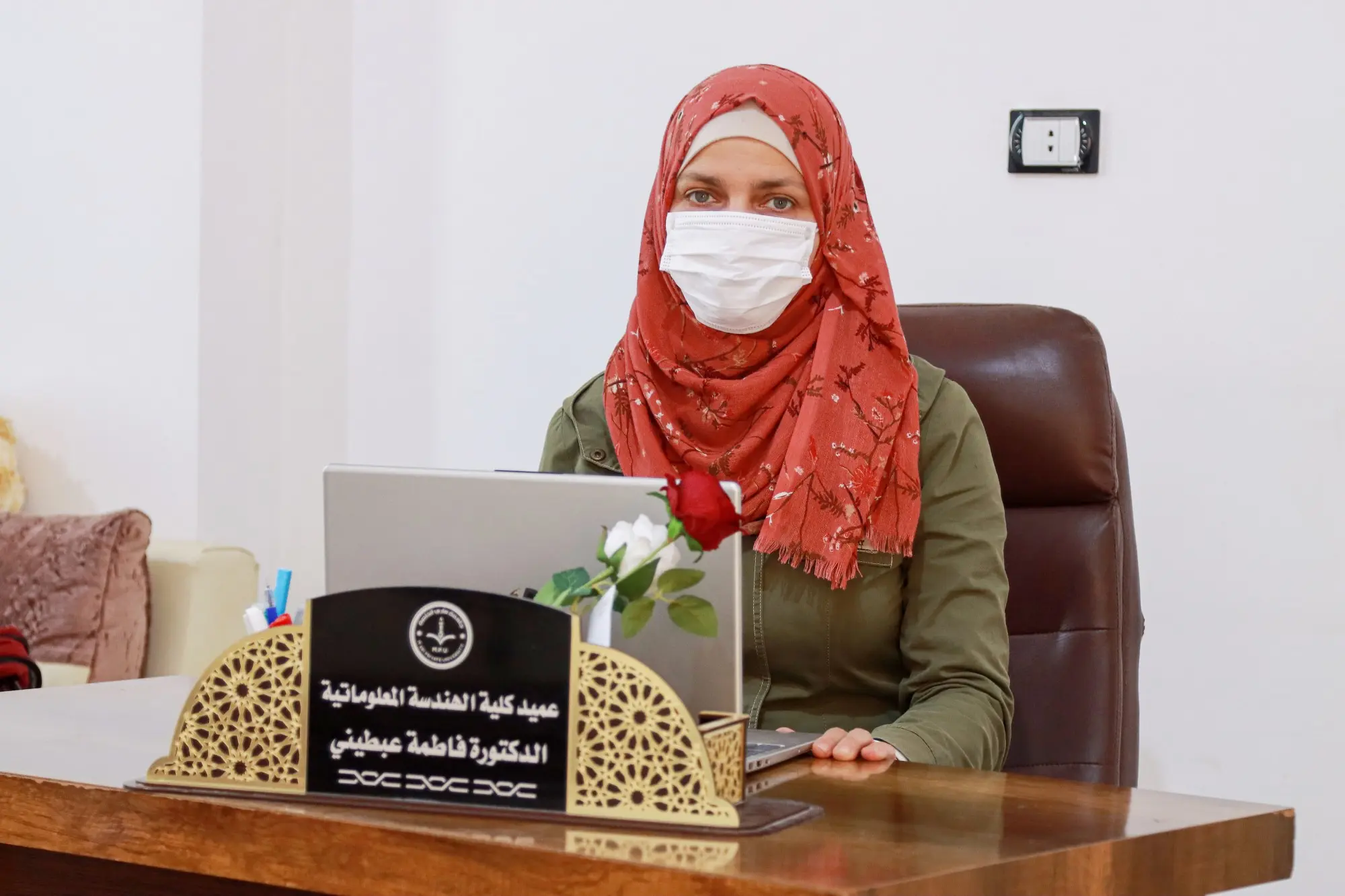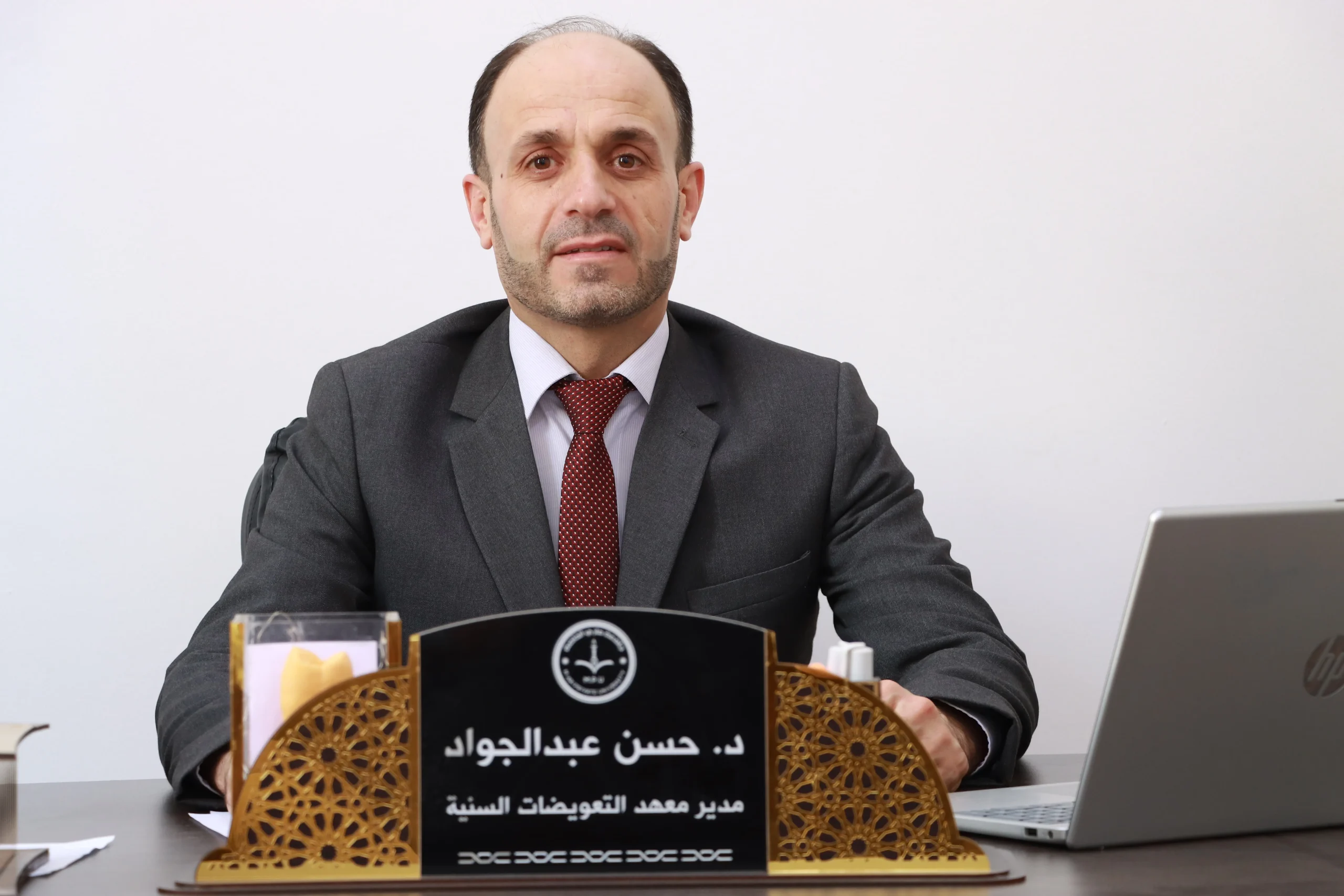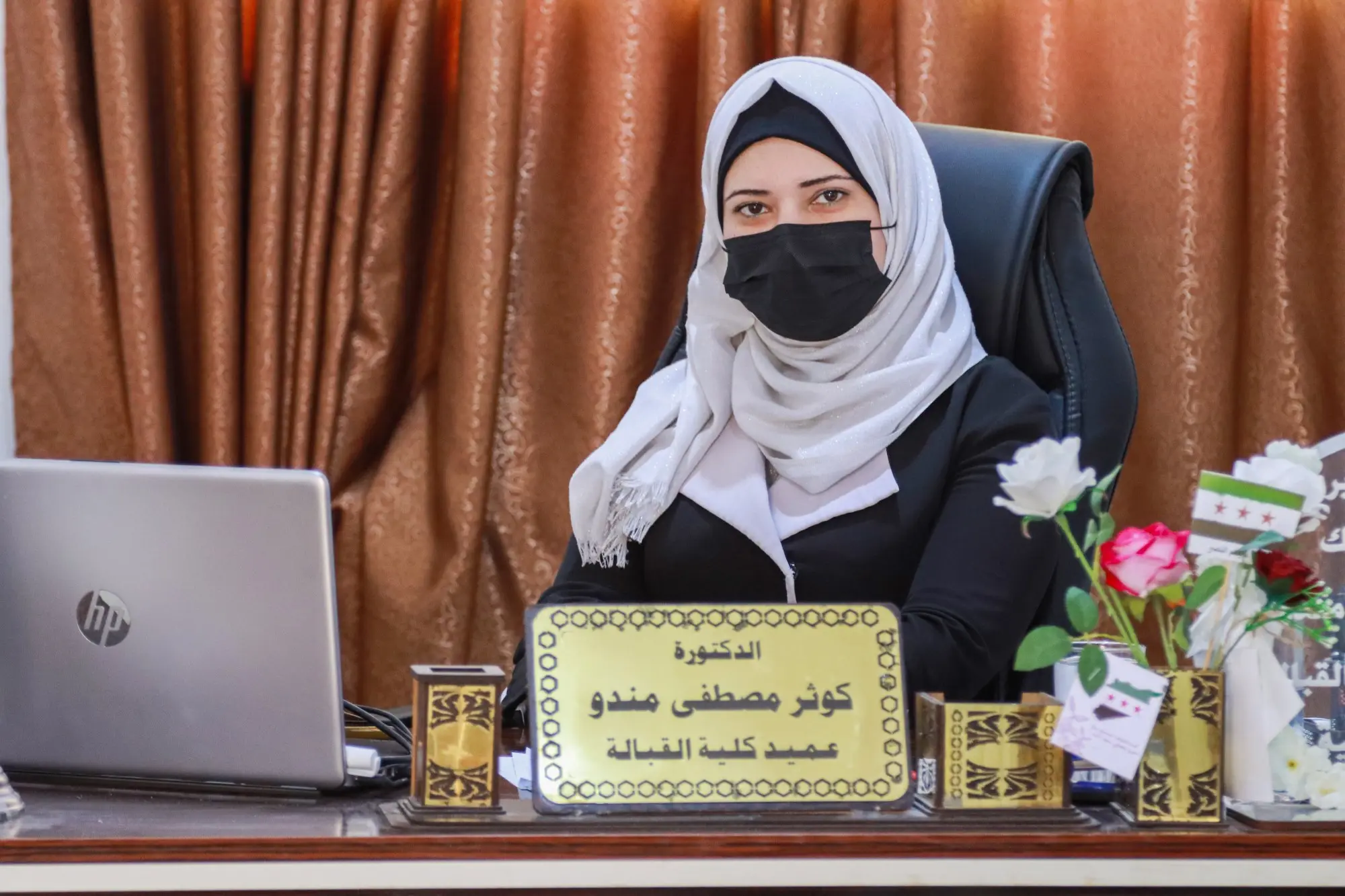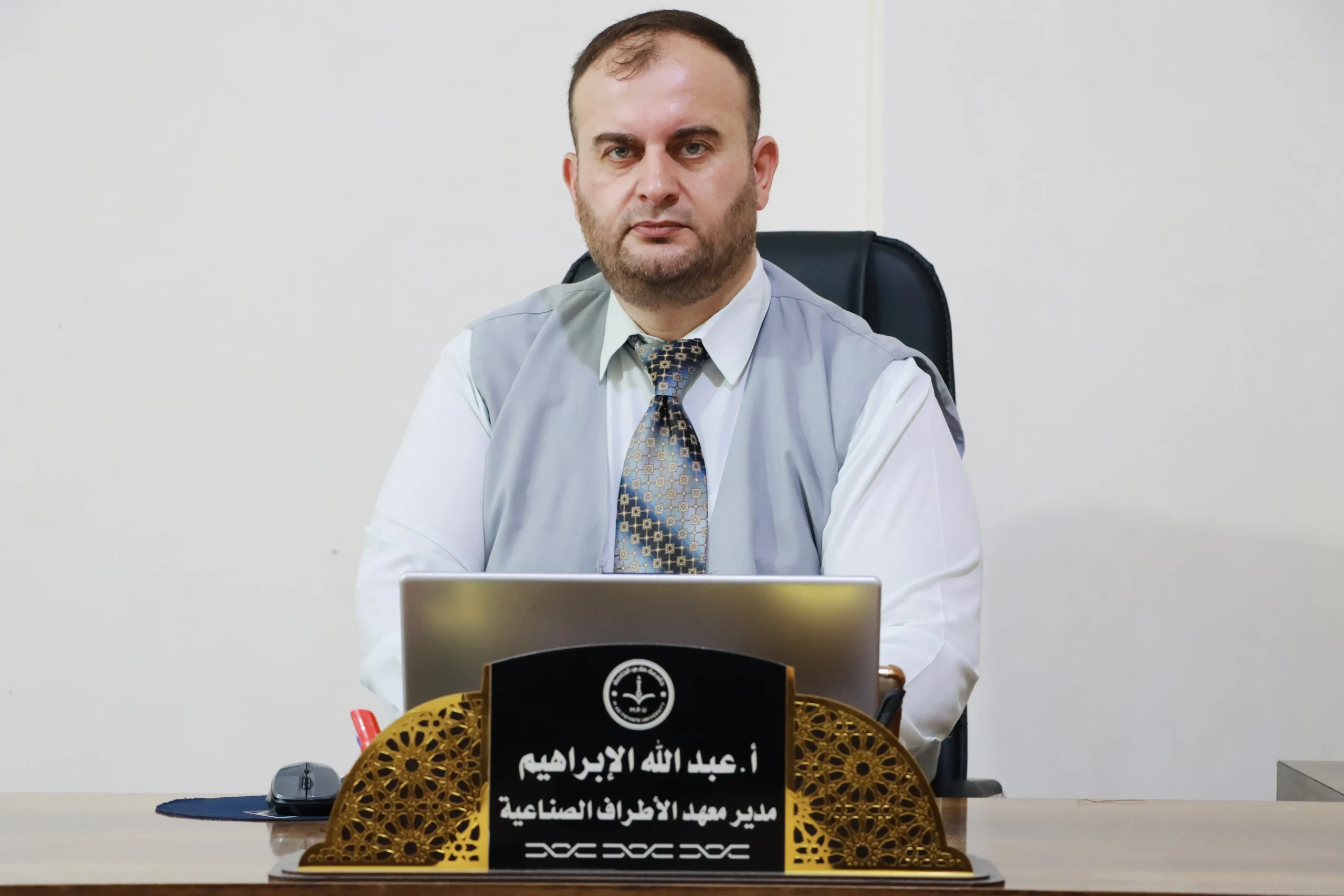
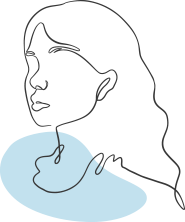
Technical Institute of Dentistry of the University of Mary.
Mary your way to success..
“At the University of Mary, the medical future is being shaped. The Technical Institute of Dentistry represents a edifice of academic excellence and professional leadership, embodying the partnership between global expertise and local needs. It offers innovative educational programs that challenge contemporary standards and equip medical personnel with the skills necessary to lead the transformation of the health sector in northern Syria.
By combining scientific research with practical application, the institute dedicates its efforts to building a generation of specialists capable of keeping pace with technological developments in dentistry and contributing effectively to building an advanced health system that serves the community.”

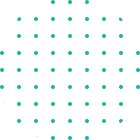

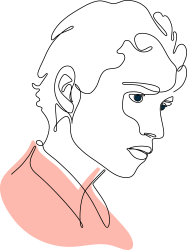
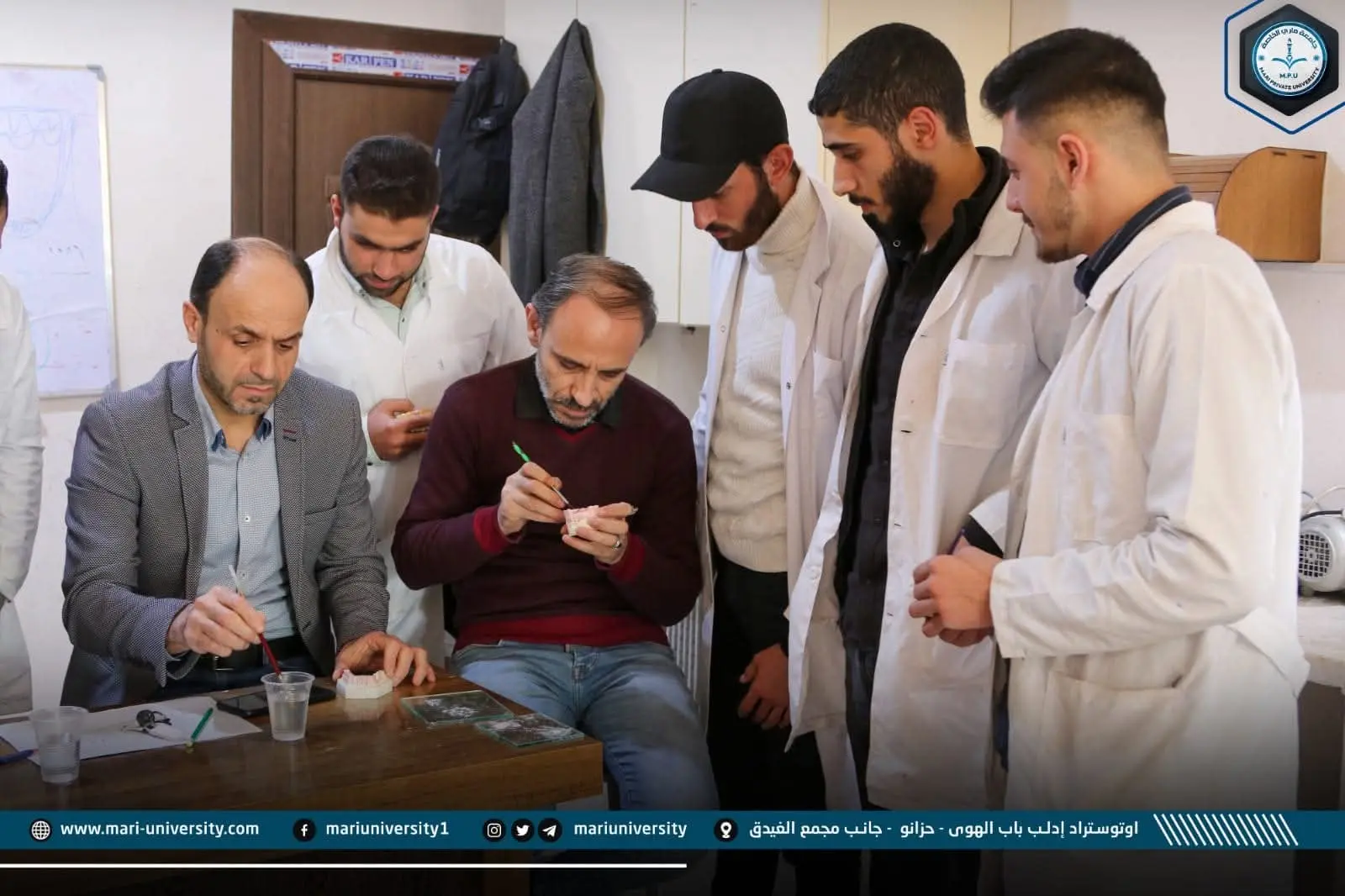
The Institute's Internal Regulations
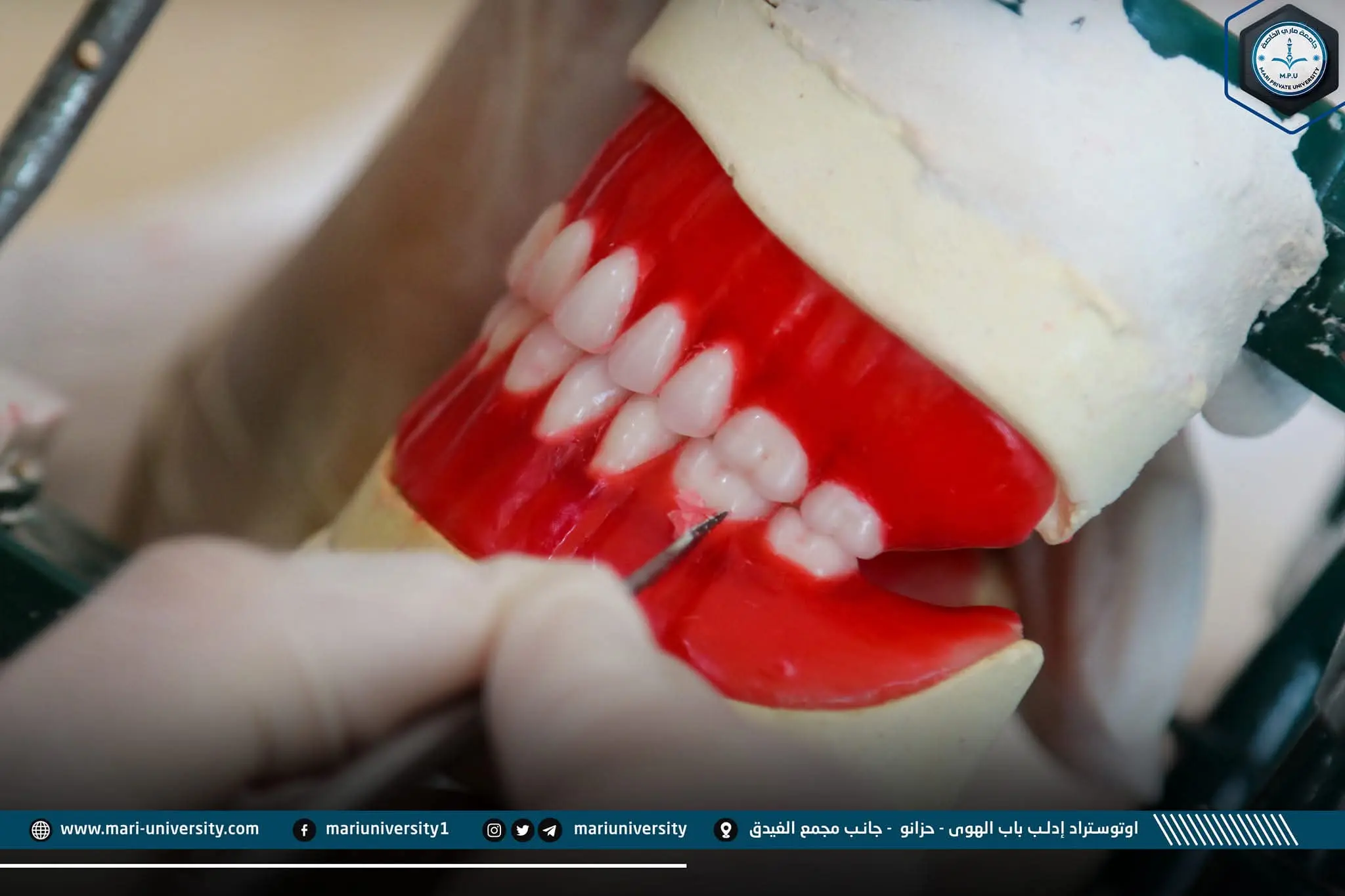
Introduction to the Institute
The Technical Institute of Dentistry at Mary University in Saraqib launched the Department of Prosthodontics at the beginning of the 2016/2017 academic year, followed by the opening of the Dental Assistance Department in 2020/2021. This further strengthened its effective role in preparing and qualifying specialized medical personnel according to the latest educational standards.
The Technical Institute of Dentistry at Mary University contributes to supporting the path of academic excellence and improving the quality of medical education by graduating trained personnel capable of keeping pace with the demands of the evolving labor market, thus strengthening its position as a leading scientific provider in the field of dentistry and its specialties.
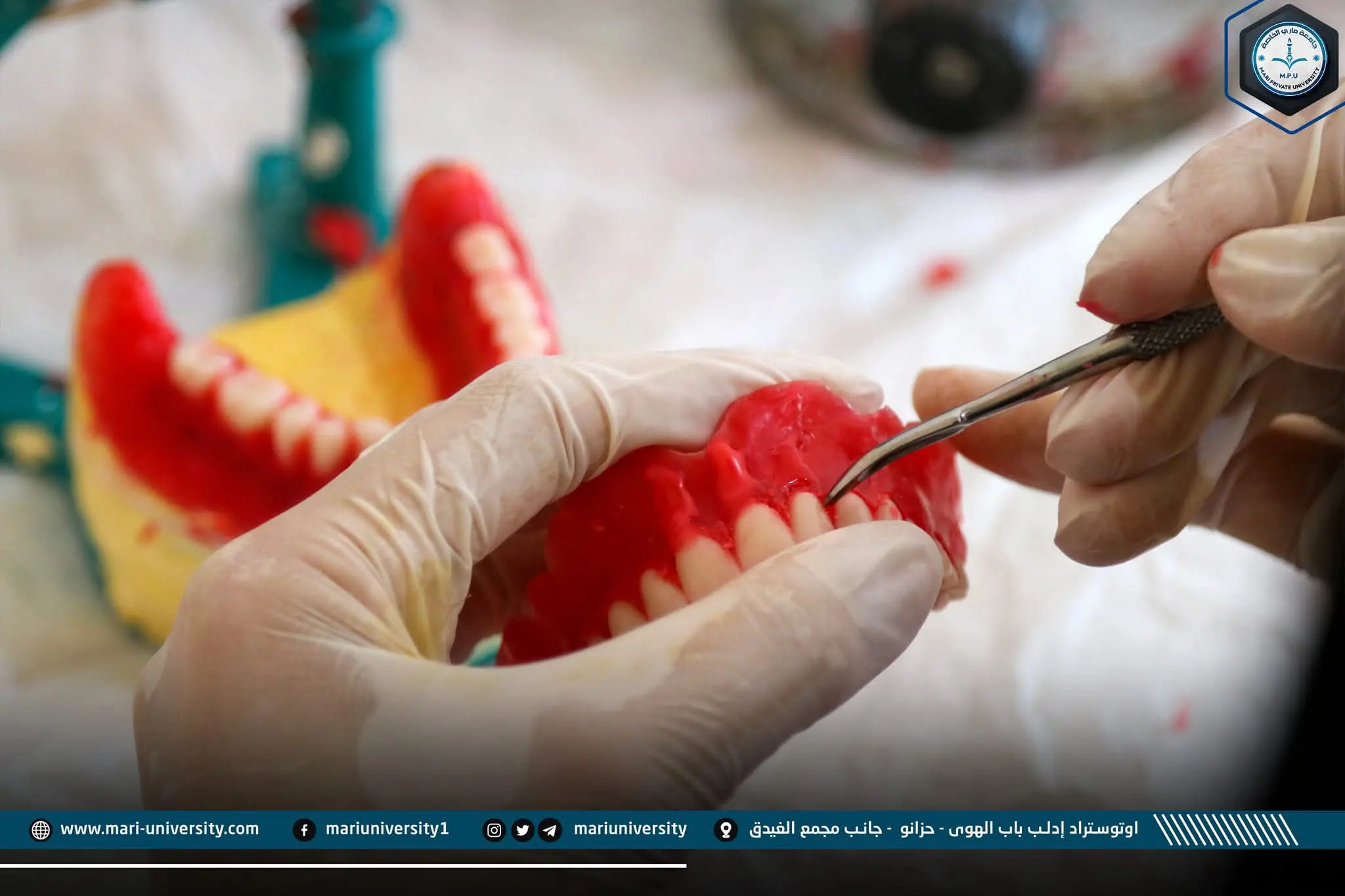
Institute's vision
The institute seeks to achieve academic excellence and scientific leadership in the field of dentistry and prosthetics by providing an innovative educational and research environment that contributes to enriching university education and serving the community in northern Syria, preparing it for local and regional competition.
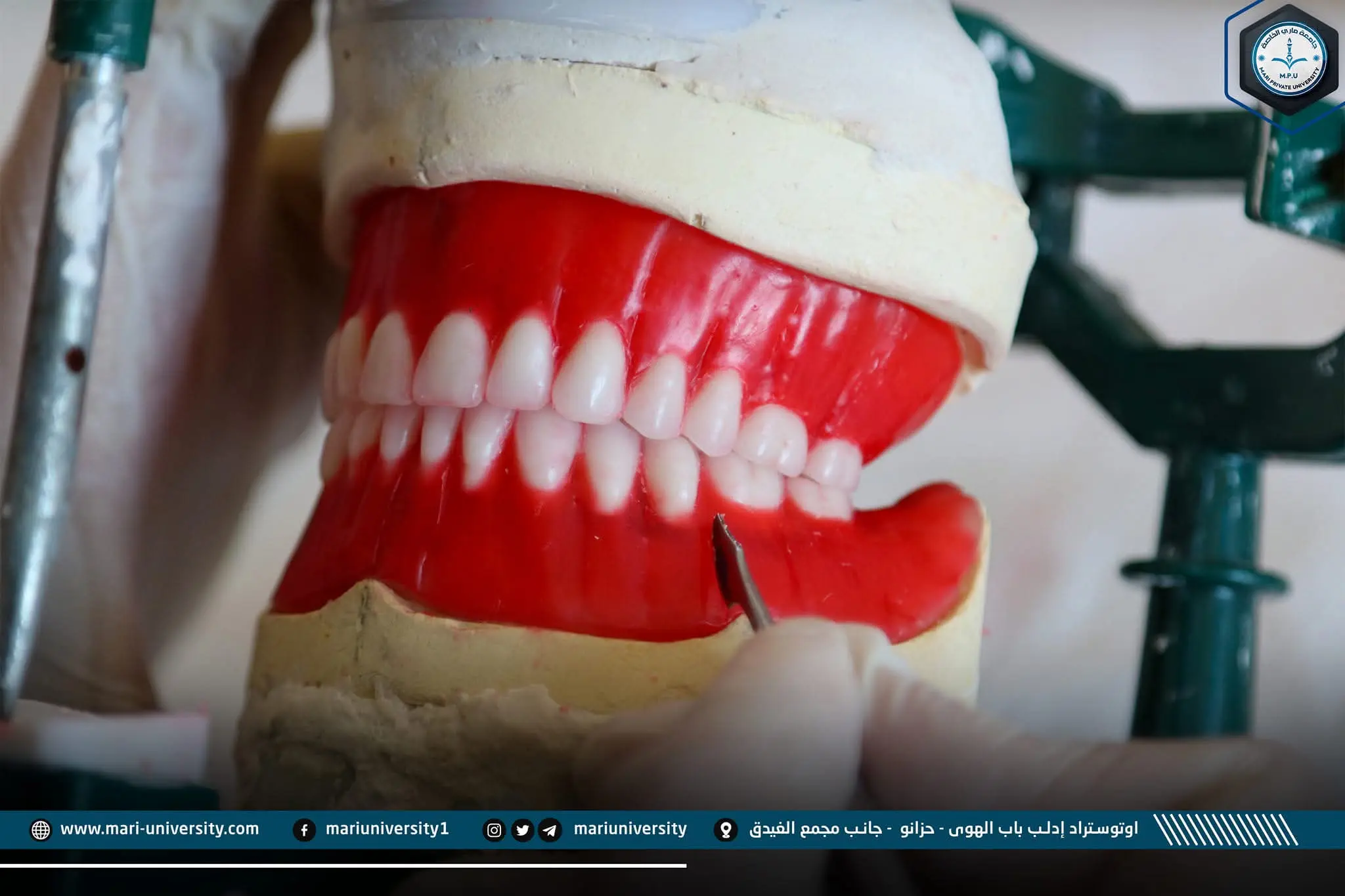
Institute's message
Preparing scientifically and practically qualified medical personnel in the field of dental prosthetics, capable of:
Meeting community needs through innovative laboratory work.
Supporting the work of dentists with modern technologies and specialized skills.
Preparing graduates who are capable of clinically dealing with patients and managing dental clinics efficiently.

Institute objectives


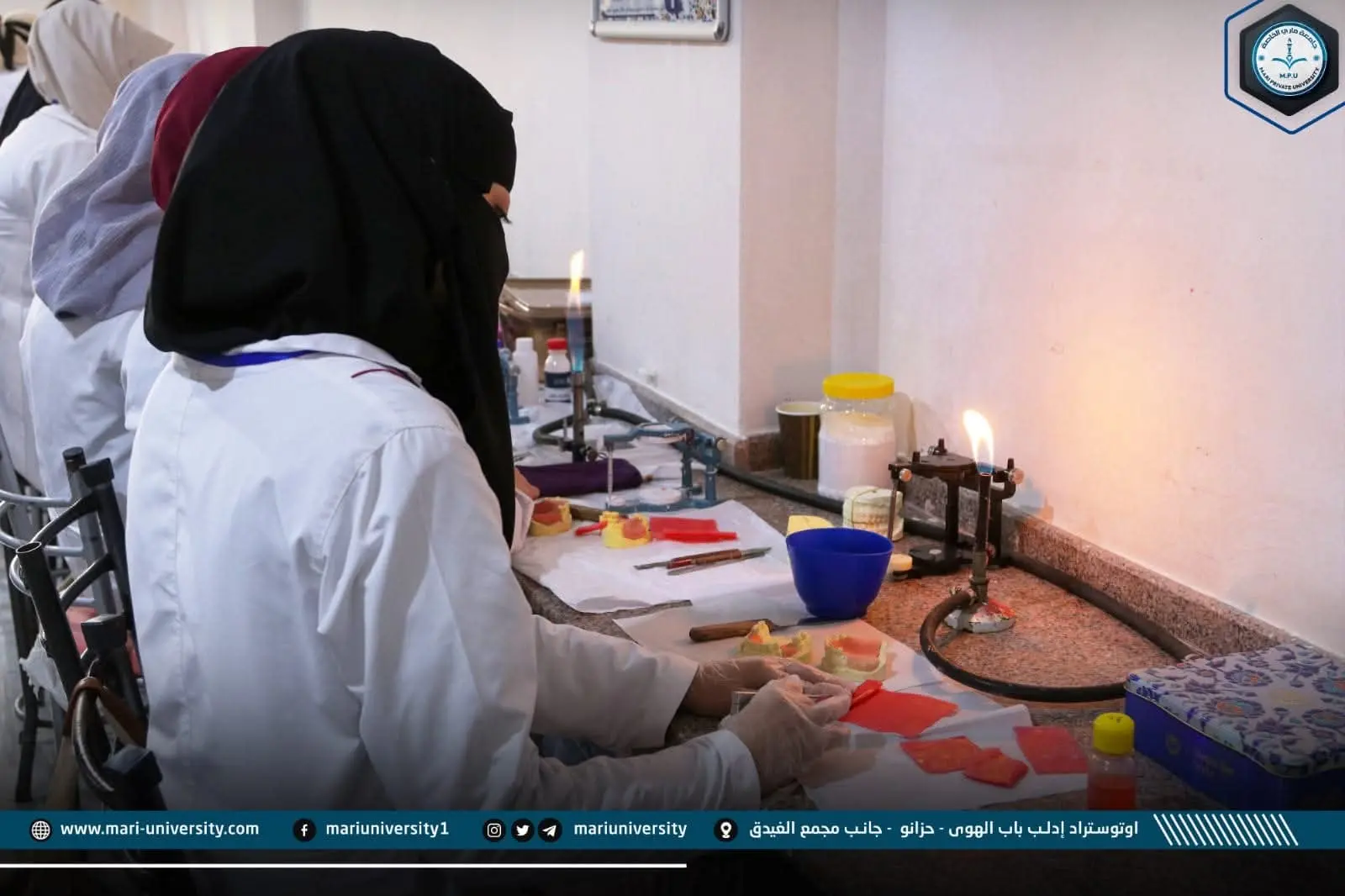

The institute aspires to enable its graduates to:
Acquire theoretical knowledge and advanced laboratory skills for designing dental prosthetics.
Use modern technology in practical practice while maintaining safety and infection control standards.
Develop personal and professional skills through continuing education.
Commit to professional ethics and international standards of performance.


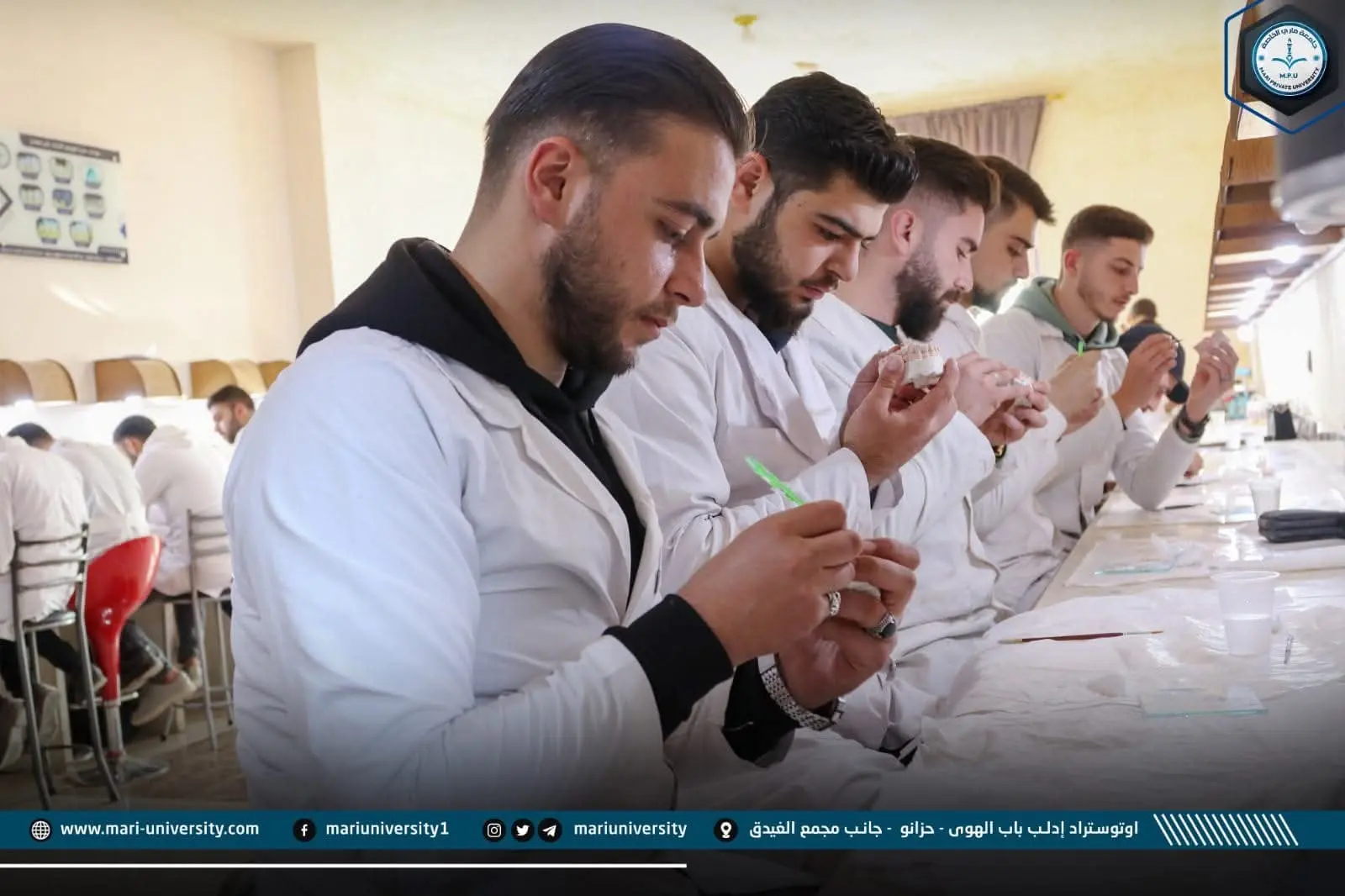


Admission requirements to the institute
What are the basic requirements?
Obtaining a Scientific Secondary Certificate (Science Stream) or its equivalent according to the standards of the Higher Education Council.
Full-time study at the institute.
Meeting the additional admission requirements approved by the Higher Education Council.
Note:
The Dental Assistance Department requires: Obtaining a General Secondary Certificate (Scientific or Literary Stream).
What is the study system like in college?
Duration: Two academic years (semester system).
Study Plan:
Two semesters per year, each lasting 12 weeks.
A combination of theoretical lectures and practical (laboratory) applications.
Evaluation: According to the grading system adopted by the University of Mary.
How can I contact the university directly?
The appropriate default phrase to respond to the previous question (for a general answer): "To communicate directly with Mary University in Idlib, you can use one of the following methods:
Telephone or email found on the official website.
Visit the campus during official working hours.
Follow the university's social media channels for the latest updates. For more details, we recommend visiting the university's official platforms or contacting them directly. We are happy to assist you with any additional inquiries!"
What is the approved language of instruction?
Primary language of instruction: Arabic.
Some courses are taught in English depending on the nature of the specialization.
How is the issue of attendance handled?
The student is required to:
Achieve an attendance rate of at least 75% of the practical and theoretical meetings for each course.
Debarment from the final exam if the required percentage is not achieved, based on:
Debarment lists prepared by the Department Council.
Approval and approval of the lists by the Council University.
Administrative and academic staff
Dr. Khaled Al-Tawil
University PresidentDr. Omar Al-Saleh
Vice President for Academic and Administrative AffairsDr. Wael Taan
Dean of the Faculty of DentistryDr. Fatima Abtini
Dean of the Faculty of Information EngineeringDr. Hassan Abdel Gawad
Dr. Hassan Abdel GawadDr. Khaled Al-Tawil
Dean of the College of Health SciencesDr. Kawthar Mando
Head of Midwifery DepartmentA. Abdullah Al-Ibrahim
Head of the Mental Health DepartmentA. Abdullah Al-Ibrahim
Director of the Institute of Prosthetics

Calendar and Exams
Exam Dates:
Exams are conducted according to the university calendar approved by the Higher Education Council.
Grade Distribution:
The maximum grade for each course is 100, distributed as follows:
60 marks for the semester work (including assignments, research, oral exams, and student performance evaluation).
40 marks for the final written exam.
Requirements for the Written Exam:
A student will be denied the written exam if they score less than 40% (12 marks) on the semester work.
Evaluation Mechanism:
The instructor may choose the evaluation format (oral, written, or presentation) with the approval of the Institute Director.
Duration of the Written Exam:
Standard duration: Two hours for each course.
The duration may be modified based on the nature of the questions, provided it does not exceed two hours.
Rights of a Failed Student:
A student retains the semester work grades and must retake only the written exam.



University discipline


Behavioral Commitment:
Using the university campus to disseminate any intellectual, political, or ideological messages is prohibited.
Using halls and lecture halls for non-academic purposes is prohibited.
Advertising and Publications:
Advertising is permitted only in designated areas, after obtaining university administration approval.
Use of Social Media:
The university’s official accounts are used for academic and administrative purposes only.
Any misuse of the campus will result in legal action against the student.

Organizing Activities:
Any activity (social, cultural, sports, or fundraising) requires prior approval from the department head and the university administration.
Anti-Cheating:
Penalties for cheating are applied in accordance with the examination regulations issued by the Higher Education Council.
Result Appeals:
Students may submit an appeal against their results within the specified period, upon payment of the prescribed fees.
Terms and conditions


Miscellaneous Provisions
Course Selection:
The College Council determines the courses and the number of approved semesters at the beginning of each semester.
The Council reserves the right to amend course descriptions in accordance with scientific developments in dentistry.
Amendments to the Curriculum:
In the event of a change in the curriculum, the College Council shall issue transitional decisions reconciling the old and new systems, subject to the approval of the Ministry of Higher Education.
General Regulations:
The provisions of the Higher Education Council and university regulations shall apply to any situation not stipulated in these regulations.

Effectiveness of Regulations
These regulations are effective from the 2019–2020 academic year.
The cases of former students will be processed in accordance with previous regulations without conflict.
Exceptions
The Higher Education Council may exempt any provision of these regulations by a justified, written decision.





Institute laboratories and equipment

The institute provides an integrated infrastructure to support the educational and research process, including:
1. Theoretical Halls:
Two classrooms equipped with the latest digital display equipment (interactive screens, projectors, and audio systems), dedicated to each academic year.
2. Specialized Practical Laboratories:
The institute includes a group of applied laboratories designed to cover all aspects of the prosthodontics specialty, including:
Wax Lab (Dental Modeling).
Orthodontics Lab.
Anatomical Drawing and Sculpting Lab.
Removable Prosthodontics Lab.
Gypsum Lab (Casting and Forming).
Fixed Crowns and Bridges Lab.

3. Technical Equipment:
All laboratories are equipped with the latest global equipment, such as:
CAM milling and machining equipment.
Precise wax and plaster shaping tools.
Microscopes and dental model analysis equipment.
Advanced sterilization systems to ensure safety standards.
4. Educational Support:
This equipment provides a stimulating environment for students to conduct practical experiments and understand scientific concepts by:
Simulating real-life work scenarios in the field of dental prosthetics.
Applying the latest technologies used in modern clinics and laboratories.
Quality Assurance:
Laboratories are periodically updated to keep pace with technological developments in the field of dentistry, ensuring the graduation of qualified personnel capable of competing in the local and global markets.

